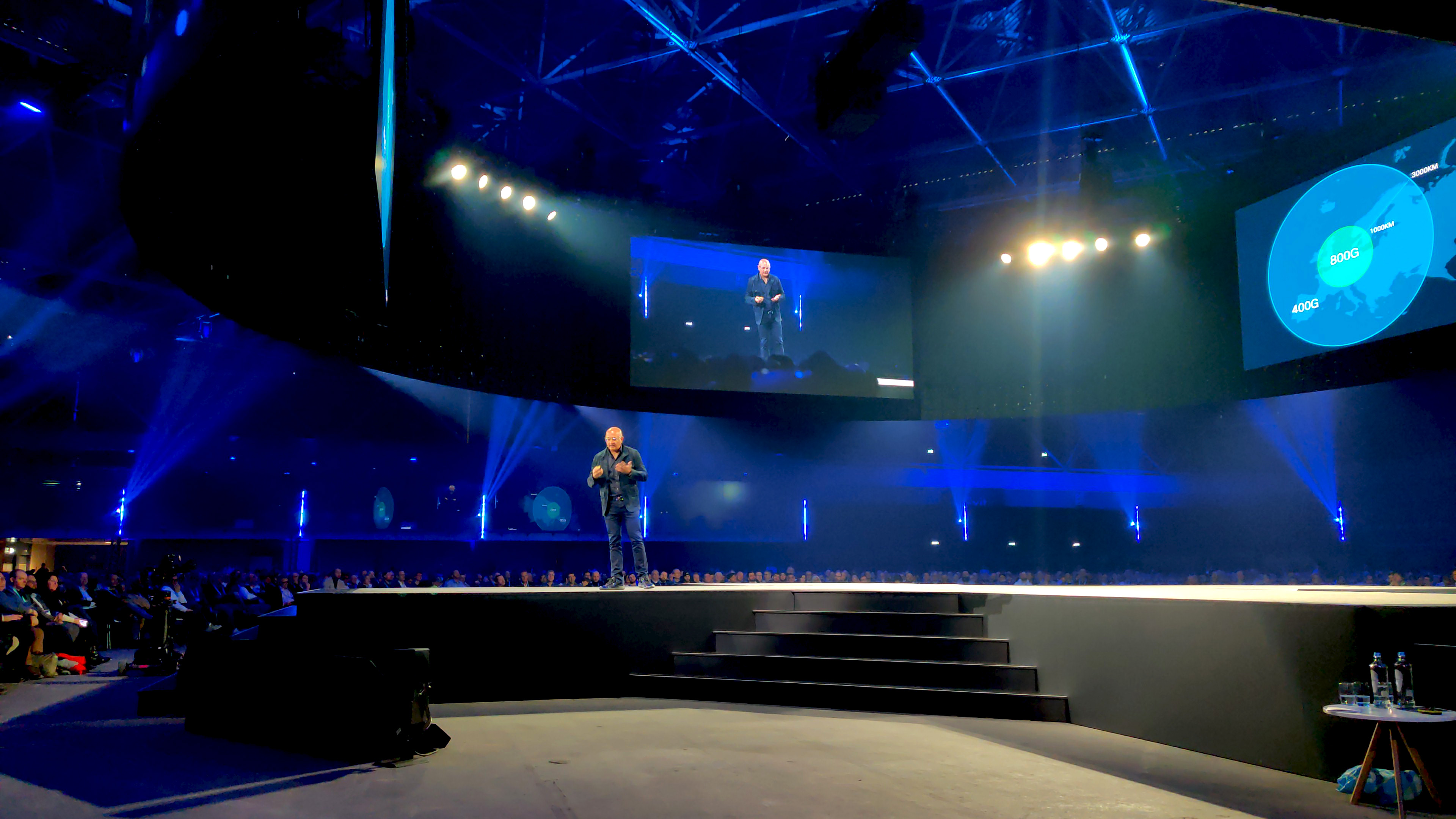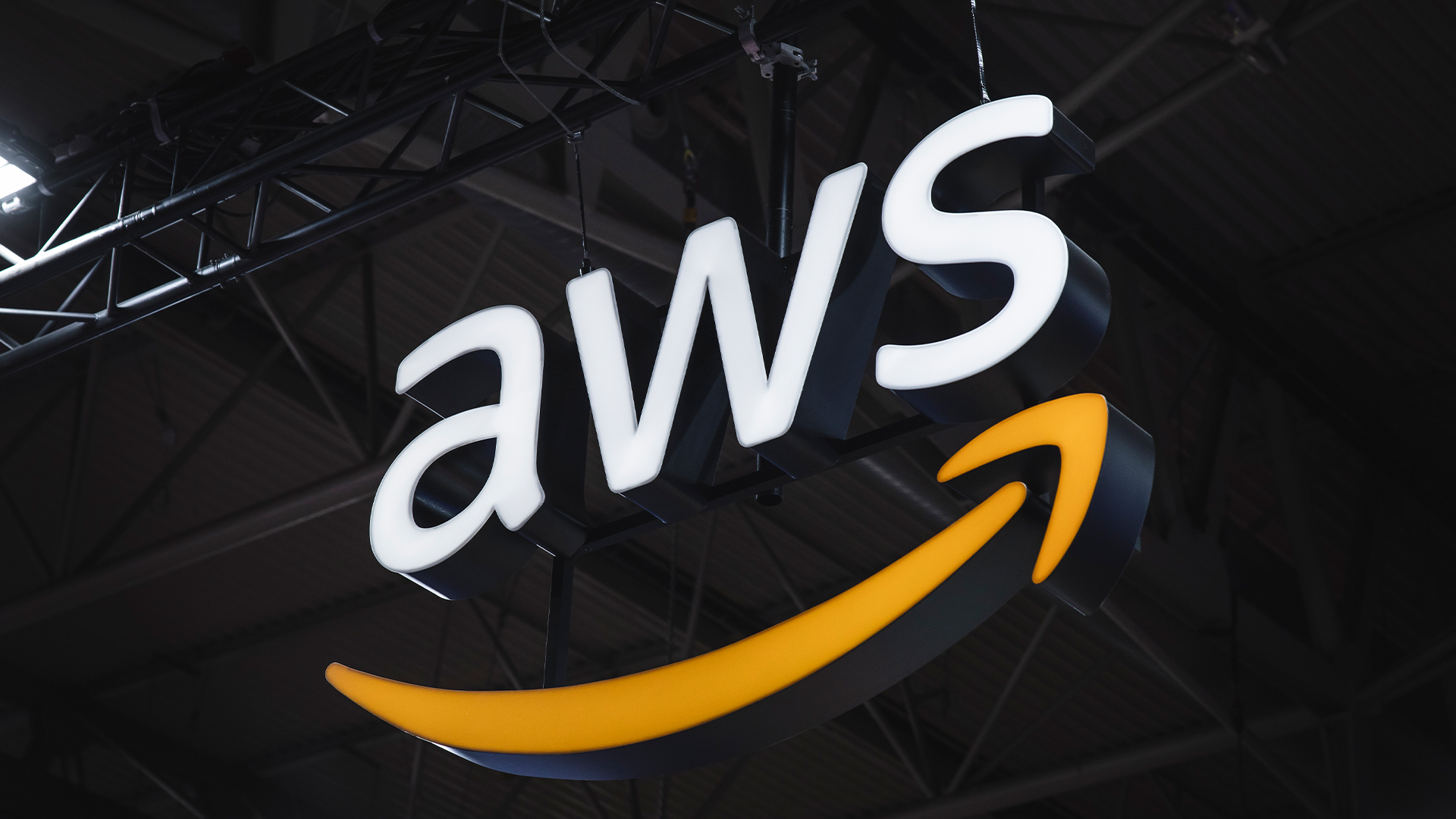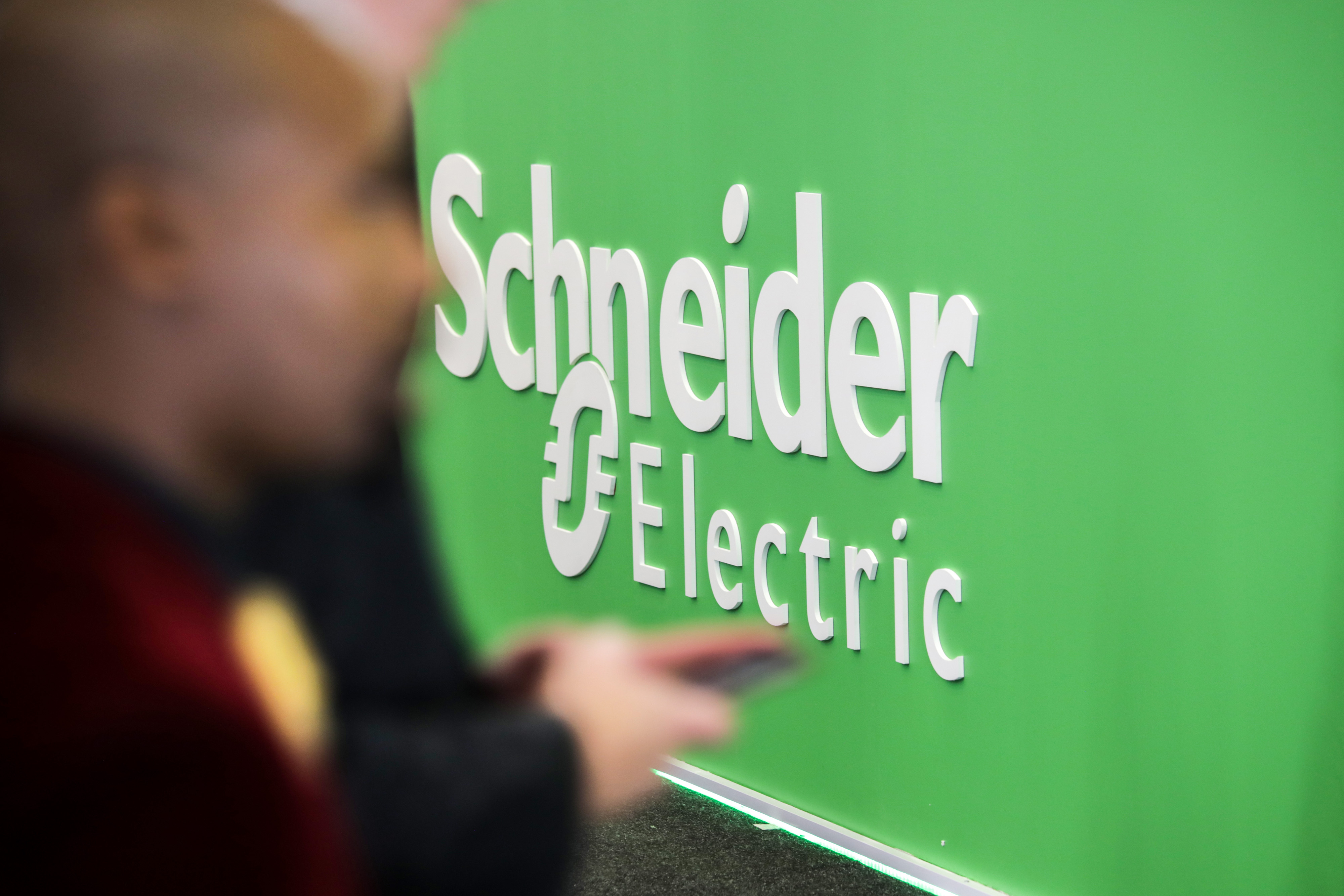5G auction to proceed after Three's appeal court defeat
Three maintains its 30% cap proposal would prevent an EE market monoply

The UK Court of Appeal has rejected Three's attempt to have a 30% cap placed on the upcoming 4G and 5Gsupported spectrum auction, a move that would have blocked larger providers, including EE, from bidding against smaller rivals.
Ofcom initially planned to hold an auction for the 2.3GHz band, which can be used by mobile providers to improve on existing services, and the 3.4GHz band, set aside for future 5G services, as early as 2016.
However, the process was delayed when Three, which currently holds 15% of the mobile spectrum, argued that BT/EE's 42% market share has made it difficult to compete in the industry and that a stricter cap on the maximum amount a company can hold would help rebalance the market.
Ofcom already has a cap of 255Mhz on the lower 2.3GHz band for 4G services, and 340MHz on the overall amount of mobile spectrum a single operator can hold, both of which equate to a 37% cap. Given what EE already owns, this means the company is unable to bid on the lower band but can bid on the larger 5G spectrum.
Three argued that a 30% cap would be better for competition, a position that Ofcom has been vehemently opposed to as it believes this would stifle innovation in the 5G space.
Following a High Court decision in December that ruled in favour of Ofcom, the case was ultimately sent to the Court of Appeal. The case was due to be heard over the 13 and 14 February, however swift deliberation saw the decision upheld, according to ISPreview.
"We are disappointed by the Court decision but our decision to appeal was the right one," said a Three spokesperson, in an email to IT Pro. "Our appeal is about competition in the UK mobile market and spectrum distribution is the single biggest factor in maintaining a competitive market."
Get the ITPro daily newsletter
Sign up today and you will receive a free copy of our Future Focus 2025 report - the leading guidance on AI, cybersecurity and other IT challenges as per 700+ senior executives
"We still believe that a 37% cap is too high if the policy objective is to have a competitive 4 player market and we would like to see it set at a lower level in the future."
Three added that the legal dispute "has not caused any delay to the delivery of 5G services to UK consumers", although Ofcom maintains that the initial auction was expected to take place almost two years ago.
Ofcom said it welcomed the decision, and added that it plans to "press ahead with releasing these important airwaves".
"This new capacity will allow mobile companies to offer more reliable reception, and to prepare for future 5G services," the spokesperson added.
Ofcom has yet to reveal the new date of the spectrum auction, however, the regulatory framework has already been created and implemented in the months leading up to the appeal.
Dale Walker is a contributor specializing in cybersecurity, data protection, and IT regulations. He was the former managing editor at ITPro, as well as its sibling sites CloudPro and ChannelPro. He spent a number of years reporting for ITPro from numerous domestic and international events, including IBM, Red Hat, Google, and has been a regular reporter for Microsoft's various yearly showcases, including Ignite.
-
 Bigger salaries, more burnout: Is the CISO role in crisis?
Bigger salaries, more burnout: Is the CISO role in crisis?In-depth CISOs are more stressed than ever before – but why is this and what can be done?
By Kate O'Flaherty Published
-
 Cheap cyber crime kits can be bought on the dark web for less than $25
Cheap cyber crime kits can be bought on the dark web for less than $25News Research from NordVPN shows phishing kits are now widely available on the dark web and via messaging apps like Telegram, and are often selling for less than $25.
By Emma Woollacott Published
-
 Google shakes off tariff concerns to push on with $75 billion AI spending plans – but analysts warn rising infrastructure costs will send cloud prices sky high
Google shakes off tariff concerns to push on with $75 billion AI spending plans – but analysts warn rising infrastructure costs will send cloud prices sky highNews Google CEO Sundar Pichai has confirmed the company will still spend $75 billion on building out data centers despite economic concerns in the wake of US tariffs.
By Nicole Kobie Published
-
 Cisco wants to capitalize on the ‘DeepSeek effect’
Cisco wants to capitalize on the ‘DeepSeek effect’News DeepSeek has had a seismic impact, and Cisco thinks it has strengths to help businesses transition to AI-native infrastructure
By Solomon Klappholz Published
-
 CoreWeave’s first two UK data centers are now operational
CoreWeave’s first two UK data centers are now operationalNews The company's European plans for this year also include new facilities in Norway, Sweden, and Spain
By Emma Woollacott Published
-
 AWS eyes ‘flexible’ data center expansion with $11bn Georgia investment
AWS eyes ‘flexible’ data center expansion with $11bn Georgia investmentNews The hyperscaler says the infrastructure will power cloud computing and AI growth
By Nicole Kobie Published
-
 Future-proofing operations
Future-proofing operationsWhitepaper The Foundational Role of IT Infrastructure and Connectivity Solutions in Achieving Business KPIs
By ITPro Published
-
 Quantitative analysis of a prefabricated vs. traditional data center
Quantitative analysis of a prefabricated vs. traditional data centerWhitepaper Apples to apples cost analysis between data centre types
By ITPro Published
-
 Battery technology for single phase UPS systems: VRLA vs. Li-ion
Battery technology for single phase UPS systems: VRLA vs. Li-ionWhitepaper An overview of li-ion batteries in comparison to VRLA batteries for singlephase UPS applications
By ITPro Published
-
 Architecting enterprise networks for the next decade
Architecting enterprise networks for the next decadeWhitepaper A new paradigm in network architecture
By ITPro Published